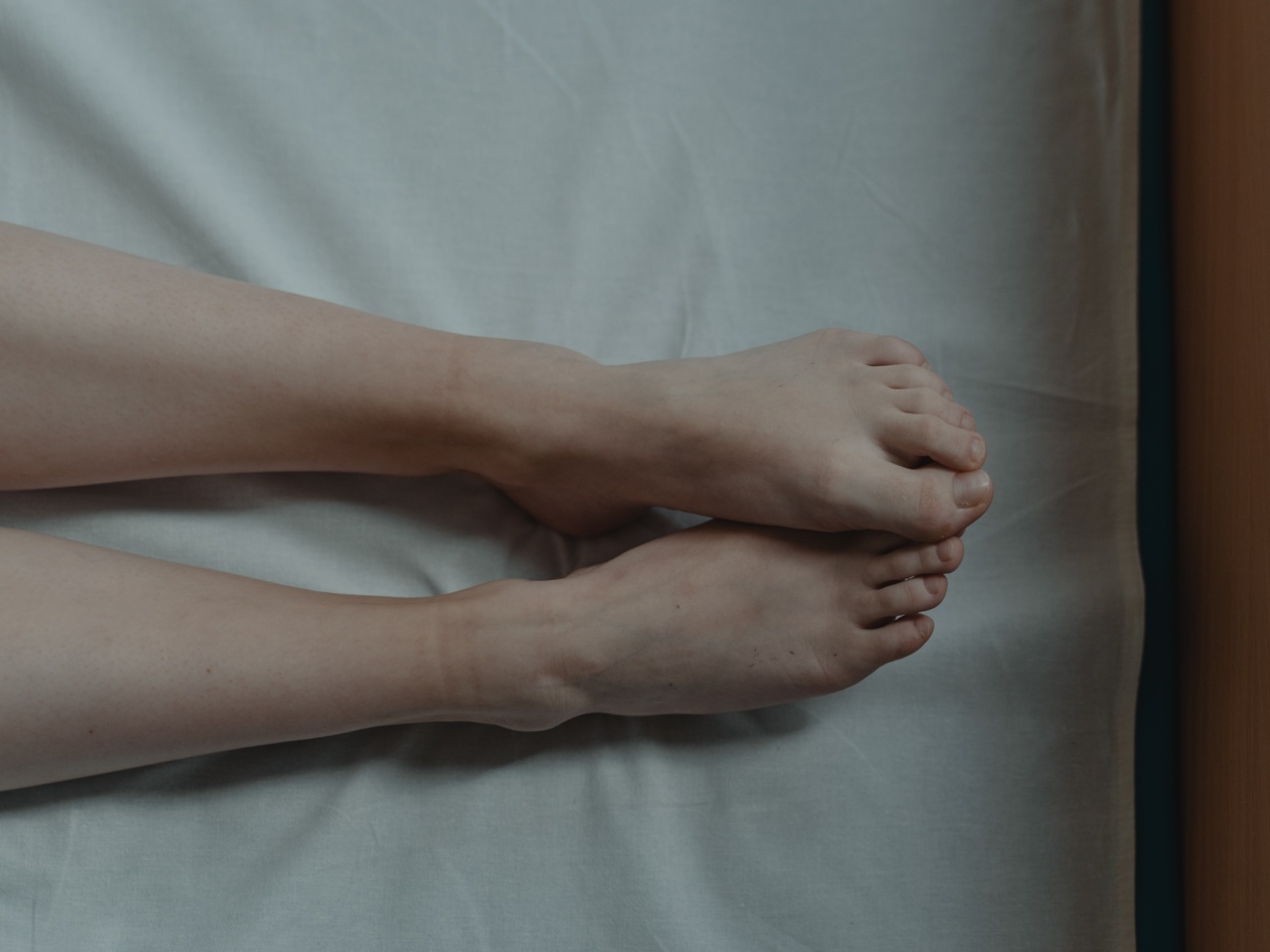Pregnancy is a time when a woman’s body goes through a lot of changes, and one of the biggest changes that we often overlook is the changes that occur in the feet.
Many women experience foot problems during pregnancy, such as swelling, arch pains, and cramping. Although these foot problems may seem like a minor discomfort, they can have a significant effect on a woman’s lifestyle and overall wellbeing.
In this article, we will discuss what causes anxious feet during pregnancy and what steps you can take to alleviate the symptoms.
What Causes Anxious Feet during Pregnancy?
The main reason why pregnant women experience foot problems is because of the weight gain and hormonal changes that occur in the body during pregnancy.
As a woman’s body gains weight, their center of gravity shifts forward, which puts more pressure and strain on their feet. Additionally, the hormonal changes that occur during pregnancy also affect the ligaments, tendons, and joints in the feet, making them more susceptible to discomfort and pain.
What are the Symptoms of Anxious Feet during Pregnancy?
The symptoms of anxious feet during pregnancy can vary, but the most common symptoms are swelling, arch pain, cramping, and overall discomfort.
Swelling is a common problem that many pregnant women experience, especially in the latter stages of the pregnancy. Arch pain and cramping can also occur during the second and third trimesters of pregnancy, as the ligaments and tendons in the feet stretch to accommodate the growing uterus.
What Steps Can You Take to Alleviate the Symptoms?
Thankfully, there are a few things that you can do to help alleviate the symptoms of anxious feet during pregnancy. Here are a few helpful tips:.
- Wear comfortable shoes that support your feet. Avoid high heels and narrow shoes, which can worsen the symptoms.
- Take short breaks throughout the day to rest your feet and elevate them. This can help reduce swelling and overall discomfort.
- Stay hydrated by drinking plenty of water throughout the day. This can help reduce swelling and keep your feet healthy.
- Engage in low-impact exercises, such as swimming and walking. This can help improve circulation and reduce foot problems.
- Massage your feet with a gentle lotion or oil. This can help reduce swelling and discomfort, as well as promote relaxation.
- If the pain is severe, talk to your healthcare provider about using orthotics or other support devices.
Conclusion
As you can see, anxious feet during pregnancy are a common problem that many women face. However, with proper care and attention, these foot problems can be alleviated, allowing pregnant women to stay comfortable and healthy.
Remember to wear comfortable shoes, take breaks throughout the day, stay hydrated, engage in low-impact exercises, and massage your feet. If the pain is severe, talk to your healthcare provider about additional support options.






























